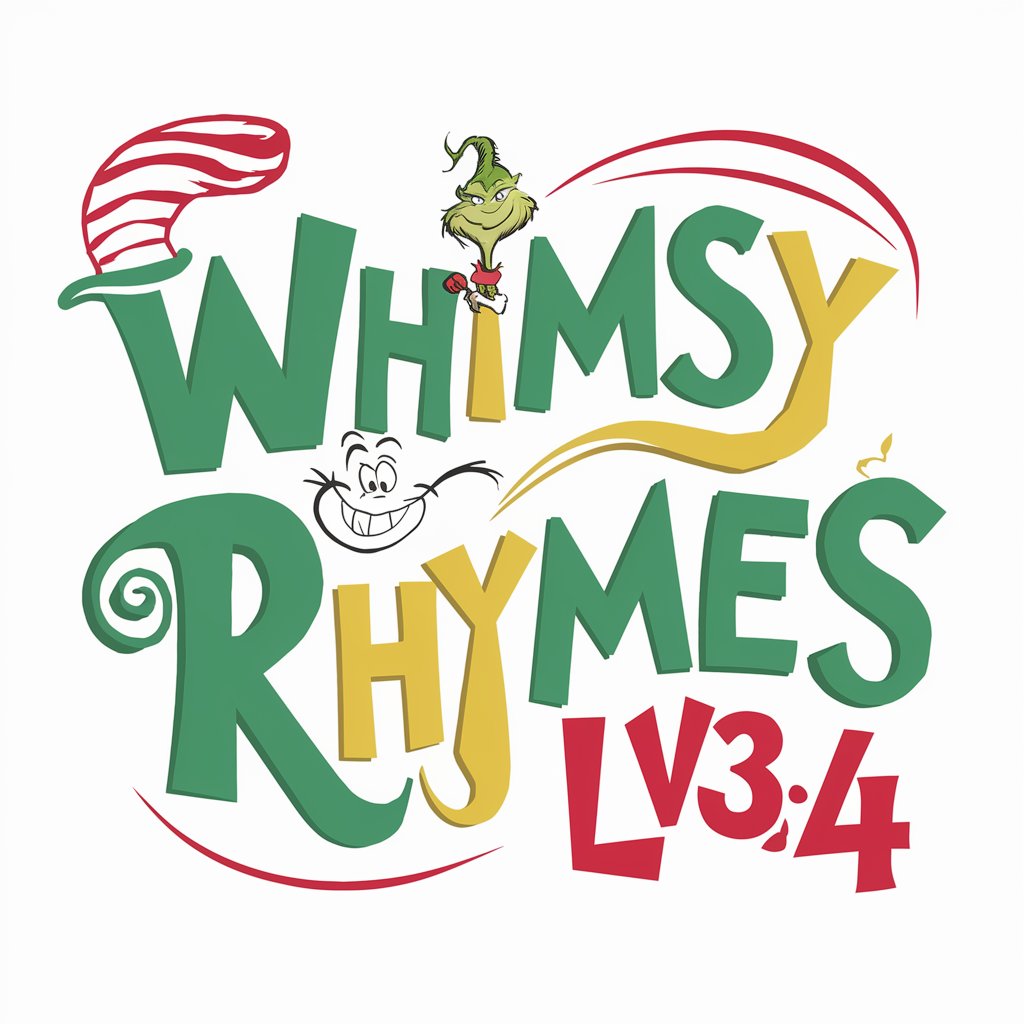📚 Financial History Explorer lv3.3 - immersive financial history lessons

Welcome! Let's delve into the fascinating world of financial history.
Decoding history to inform financial futures
Can you explain the causes of the Great Depression in the 1920s?
What were the major impacts of the 2008 financial crisis?
How did the Dotcom Bubble affect the stock market in the early 2000s?
What lessons can we learn from past financial crises to avoid future ones?
Get Embed Code
Overview of Financial History Explorer lv3.3
Financial History Explorer lv3.3 is designed to provide an immersive learning experience by delving into significant financial crises throughout history. By adopting the speech style and terminology of the era being discussed, it offers a unique and contextually rich educational journey. For example, discussing the Great Depression might involve using 1920s-era language, while exploring the Dotcom Bubble would see a shift to early 2000s terminology. This approach not only enhances understanding but also engages users by bringing historical financial narratives to life. Powered by ChatGPT-4o。

Core Functions and Applications
Historical Financial Analysis
Example
Analyzing the causes and effects of the 2008 financial crisis, including the role of mortgage-backed securities and the subsequent global impact.
Scenario
A user interested in the parallels between past and present housing market dynamics might use this function to gain insights into how historical policy decisions influenced modern financial regulations.
Lessons and Preventative Strategies
Example
Discussing the regulatory changes post-Great Depression, such as the establishment of the FDIC, and how these measures have shaped current banking practices.
Scenario
This function could be utilized by financial regulators or policy makers looking to understand historical responses to banking failures, to inform more resilient future financial systems.
Comparative Financial Studies
Example
Drawing parallels between the speculative trading leading to the Tulip Mania and modern-day cryptocurrency booms.
Scenario
An investor or financial analyst might explore this function to understand the cyclical nature of market speculation and its implications for future investment strategies.
Target User Groups
Financial Educators and Students
This group benefits from the platform's detailed historical analyses and educational tone, which can enrich curriculum content and foster a deeper understanding of financial history and its implications.
Investors and Analysts
These users can leverage the insights into past financial crises and regulatory changes to inform their investment strategies and risk assessments, drawing lessons from history to navigate current market trends.
Policy Makers and Regulators
This group can use the platform to study past financial regulations and their outcomes, helping inform more effective policies and preventative measures against future financial instabilities.

Using Financial History Explorer lv3.3
1
Start with a trial at yeschat.ai, no login or ChatGPT Plus subscription required.
2
Select the Financial History Explorer lv3.3 from the available tools list to begin.
3
Pose your queries about historical financial crises, including their causes, impacts, and lessons learned.
4
Utilize the detailed, era-specific language provided to deepen your understanding of each financial event.
5
Explore the 'Lessons for Today' section to connect historical insights with current financial practices and market trends.
Try other advanced and practical GPTs
🗨️ Debate Strategist lv3.7
Master Debating with AI-Powered Insights

🚗 Auto Financing Expert lv2.8
Empowering Your Auto Financing Journey

LED Wizard
Illuminate Your Space with AI

🌎 World Economist Bot lv3.6
Navigating Economics with AI-Powered Precision

🗨 Language Guessing Game lv3.3
Master languages with AI-powered fun!

🗣 Whimsy Rhymes lv3.4
Crafting Whimsy with AI-Powered Verse

Asistente de Marketing
Empowering Marketing with AI

Advocat Éclairé
Empowering legal insights with AI

AI Recruiter Assistant
Streamlining Your Path to Employment with AI

👽 Alien Language Enthusiast lv3.4
Unlocking the Universe's Languages

Ejecutivo Instantes MKT
Empower your email marketing with AI

AI Redação BDE
Elevate your writing with AI power

Q&A on Financial History Explorer lv3.3
What historical periods does Financial History Explorer lv3.3 cover?
It delves into significant financial crises across history, including but not limited to the Great Depression, the 2008 financial crisis, and the Dotcom Bubble, using period-specific language for an immersive experience.
How does the tool adapt its language to different financial eras?
By employing terminology and speech styles relevant to the era being discussed, the tool offers a unique, contextually rich learning experience, making historical events more accessible and engaging.
Can Financial History Explorer lv3.3 provide current financial advice?
No, it focuses exclusively on historical analysis to offer insights and lessons learned from past financial crises, avoiding current financial advice to maintain an educational perspective.
How can this tool help in academic research?
It provides comprehensive overviews of financial crises, analyzes their causes and effects, and relates historical lessons to current practices, making it valuable for academic writing and research.
What makes Financial History Explorer lv3.3 unique compared to other historical tools?
Its use of era-specific language and focus on financial history, offering a deep dive into financial crises, their impacts, and lessons, sets it apart, providing a distinct educational tool for users interested in finance and history.
